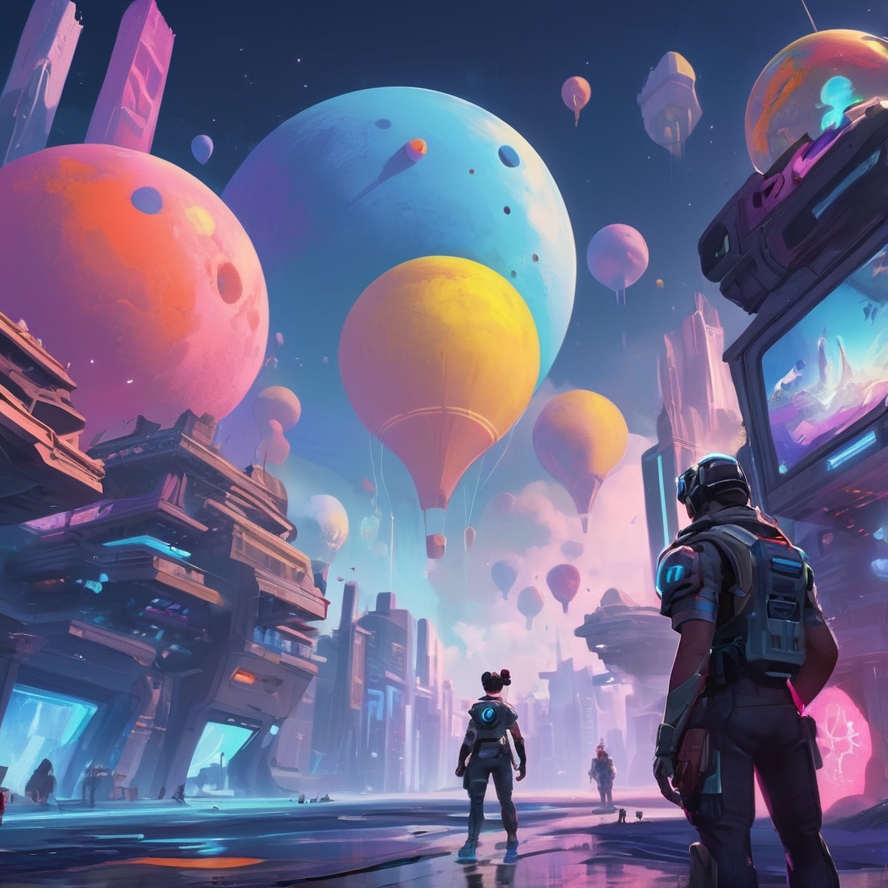About the author
John Wright
With over 11 years of experience in the AdTech/Gaming industry, I am passionate about creating engaging and profitable mobile games that reach millions of players worldwide.

Journal 13 John Wright March 1

1. Consolidation among top gaming companies will continue, making it tougher for small to medium-sized studios to thrive independently. Even successful ones will consider partnering with larger publishers due to the increasing challenges in user acquisition and profitable game launches.
2. Mergers and acquisitions will see a resurgence, with venture capitalists increasing their investments, albeit not reaching the levels of two years ago. I’ve observed a growing number of investments and discussions among business leaders recently which will come to fruition soon (hopefully). VC firms, having had a quieter year, will need to take more risks but will do so with more aggressive requests leading founders to relinquish more equity to secure much needed funding.
3. Intellectual Property (IP) games will witness heightened success on the charts, exemplified by Monopoly Go. Hasbro and Mattel experienced significant success in 2023 across the board, showcasing the convergence of games and movies in transmedia, providing studios with even more strategic opportunities, leaning on brand recognition and large existing audiences to reduce CAC (increase in organics + reductions in CPI’s).
4. LiveOps and Events strategies will become the industry standards. Companies not prioritising these approaches will lag behind the ones that do. Whilst success is possible without LiveOps, a focused strategy in this area will lead to greater strength and success, through heightened monetisation.
5. Studios will shift their mindset from acquiring users at the lowest cost possible to maximising Lifetime Value (LTV) per user over much longer and extended periods. This shift emphasises long-term user experience, responding to the increased difficulty of user acquisition in 2023.
6. Artificial Intelligence (AI) will play a more significant role in game creation, expanding from marketing to influencing actual game development. Expect more studios to successfully incorporate AI into various aspects of their games, namely on the coding side, level generation of puzzle games being an “easy” one.
7. Hybrid-Casual will become the popular format for small to medium-sized developers, while big studios will aggressively embrace casual gaming. This shift will mainly be driven by the production costs and the resources required for that next level of gaming experience, which only the big names can afford to invest in right now.
8. Google Sandbox will impact Android user acquisition by the year-end, posing increased challenges for marketers, but it definitely won’t be as impactful as Apple’s App Tracking Transparency (ATT) update. In my opinion, Google aims to support the ecosystem while maintaining user privacy, learning from Apple’s approach.
9. Apple Arcade and Netflix will become standard deal formats for large studios working on successful or new games with strong retention but weak monetization prospects. Studios will view these platforms as ways to recover costs which they’ll reinvest into new projects. The quality of games signed to the platforms will also increase in a big way to increase user adoption on these platforms.
10. Anticipate the return or dominance of at least one completely new or old successful gaming genre. My pick is Casual Puzzle/RPG, reminiscent of titles like Puzzles and Dragons, catering to a more diverse audience seeking deeper meta and storytelling within a familiar gaming core loop experience.
About the author
With over 11 years of experience in the AdTech/Gaming industry, I am passionate about creating engaging and profitable mobile games that reach millions of players worldwide.
Please login or subscribe to continue.
No account? Register | Lost password
✖✖
Are you sure you want to cancel your subscription? You will lose your Premium access and stored playlists.
✖